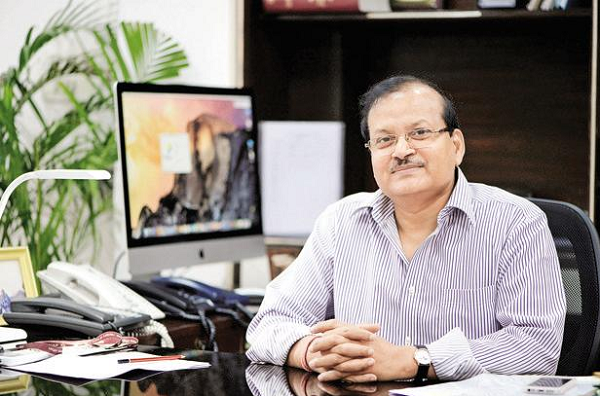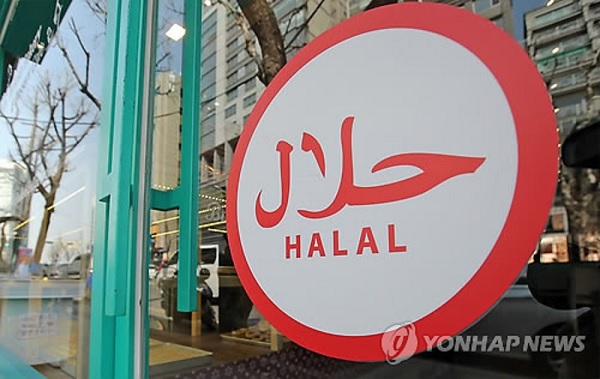
“Model Law for shops, restaurants, to open 24/7”
 By Meghna Mittal New Delhi, (IANS) If you wish to watch a movie at an odd hour, grab a bite or even shop at a mall, the rules at least won’t come in the way. A model law the government is proposing for states to replicate will allow such establishments to operate round the clock.
By Meghna Mittal New Delhi, (IANS) If you wish to watch a movie at an odd hour, grab a bite or even shop at a mall, the rules at least won’t come in the way. A model law the government is proposing for states to replicate will allow such establishments to operate round the clock.
“We are preparing a model act on this. We believe there should be no restrictions from the labour ministry’s side. But it is up to the states to adopt,” Labour Secretary Shankar Aggarwal told IANS in an interview, referring to the proposed new model law for shops and establishments.
The move will potentially have a bearing on an estimated 10,200 single-screen cinema halls across the country, over 600 malls and more than 200,000 restaurants, as per data compiled from various industry sources.
“We will send the model act to the law ministry in two weeks’ time. From there to the cabinet it will take another two weeks. I think it should reach the states in one-and-a-half months or so,” Aggarwal said at his office at Shram Shakti Bhavan here.
Parliament need not pass the law.
The government’s intention is to have a draft model bill that can bring about uniformity in the legislative provisions across the country and make it easier for all states to adopt it, rather than each of them drafting their own rules.
This is part of the Narendra Modi government’s plan to have a single Indian market. The labour ministry feels that with adequate safeguards, this would go a long way in creating more jobs and ensuring labour welfare. Women will also be empowered and not discriminated against.
Currently, state governments have their separate legislations to regulate the timings of cinema halls, restaurants, shops and malls. Closing days and public holidays also vary from state to state. What is proposed is complete freedom in this regard, officials explained.
Complaints of harassment are also being addressed via online common registration for stakeholders. Also, if an individual establishment is unable to provide washrooms, a creche, first aid and canteen facilities due to some constraints, a collective approach will be permitted, officials said.
The proposed legislation is also seeking to provide freedom to women for working in night shifts and end all gender discrimination on promotions, transfers and employment. It also proposes to cover warehouses, to give a fillip to e-commerce businesses.
(Meghna Mittal can be reached at meghna.m@ians.in)

